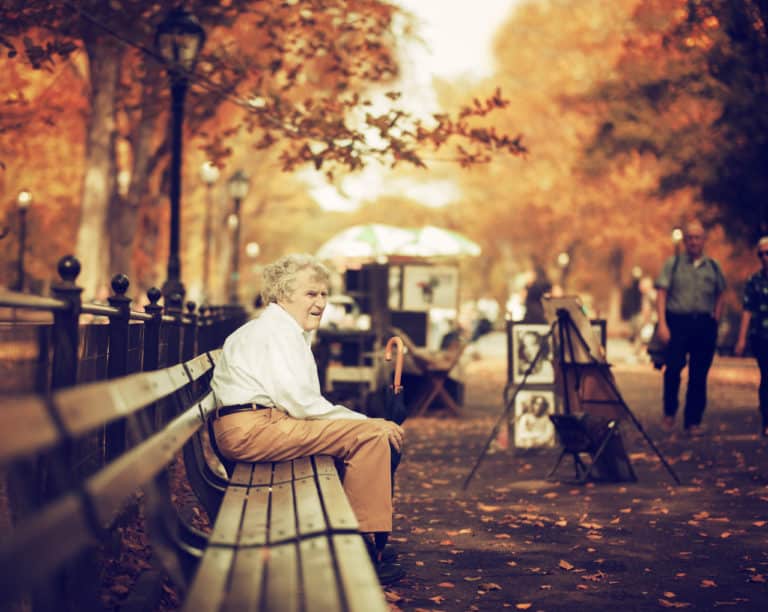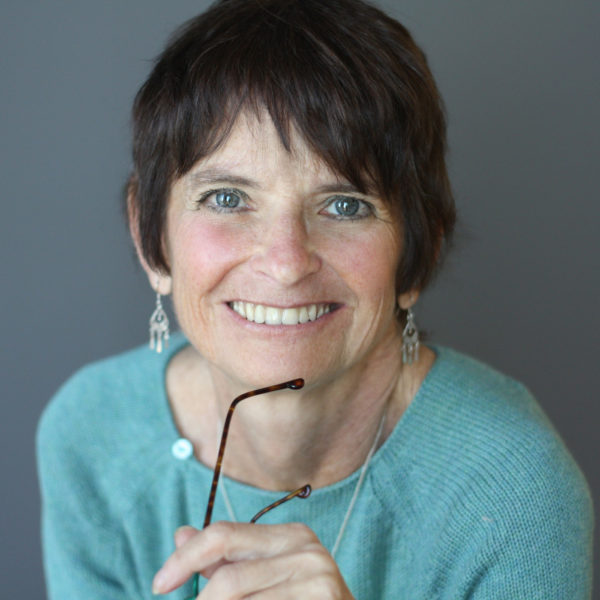
Image by Juan Gonzalez.
Longing to Connect and To Be Alone: The Dilemma of a High Holiday Jew
Is being a High Holiday Jew an oxymoron, a tautology, or just plain hard?
As a kid, I thought it meant going to shul twice a year, sweating and scratching in new fall clothes even if the temperatures topped 90. Back then, wearing white shoes between Labor Day and Memorial Day marked you a fashion pariah, and the stubborn choice of woolens on Rosh Hashanah and Yom Kippur was the logical extension of that.
We belonged to a synagogue (Reform, of course) precisely long enough for my kid brother to have a bar mitzvah, in those days a ceremony reserved for boys. Then we quit, shedding the thousands of dollars in dues, and returned to the definition of Judaism my parents preferred: reading The New York Times and The New Yorker, watching PBS, and listening to public radio. This was an intellectual and cultural exercise, not a spiritual one.
But lately I long for a more substantial kind of Judaism, one that takes place in a public space, shared with both strangers and friends and thrumming with song and prayer. Is this the result of aging, I wonder? Or a yearning for community that has frayed in our urban, technological world? Or, perhaps, it’s the tug of Hebrew words and music that loop through my head, the cadences apparently coded in the genes more than learned.
Even those of us who cannot properly chant the mourners’ Kaddish mumble along, more sure-footed each time a loved one dies. Our ignorance can have a touching appeal. When my brother and I were small, for example, the blessing over the bread always ended with “Minnie Horowitz” — what we thought we heard at the end of the prayer:
Baruch Atah Adonai, Eloheinu Melech H’Olan, Hamotzi Lechem Mini Harraretz (“Praise to you, eternal God, King of the Universe who bringeth forth bread from the earth”).
I know better now, but “Minnie Horowitz” has been a part of my life for more than 60 years, and I’m disinclined to give her up in the name of accuracy.
Still, the sad fact of being a High Holiday Jew is the difficulty of finding a place to pray, as seats are generally reserved for those who have tickets, which means dues-paying members. This year I wanted to go badly enough to turn it into a project. Without a synagogue of my own, I managed to beg my way into an unfamiliar one in my neighborhood by telling the rabbis, truthfully, that I was really searching for a regular Sabbath service and this was a way of testing my comfort level. They were welcoming by phone, and so I decided, “OK, try it and see how it goes.”
As Yom Kippur approached, I was less and less eager to spend the holiest day on the Jewish calendar with people I didn’t know. The alternative was inviting myself to go with friends, which had its own sense of discomfort — one I have accompanied too many times, playing the poor-pathetic-Jane card.
Another family had enthusiastically welcomed me in years past, always making room for a holiday orphan. But their life was now unpredictably turned upside-down by unemployment, parental illness, and oppositional middle-school children. Adding me to the mix seemed disruptive. But because they are kind they pressed me. And because I am kind I pretended I had someplace to go.
Single, childless, and with a brother who has no interest in organized Judaism — uninterested to the point of not being exactly sure which holiday (Rosh Hashanah) was the celebratory ushering in of the New Year of 5776 and which (Yom Kippur) was the mournful Day of Atonement. This time of year always makes me feel a profound disconnect. I want to be with others and I want to be alone. Mostly though, I want to want less, to make peace with what I have and what I don’t — on special days as well as ordinary ones.

For weeks I toggled between the three choices: A new synagogue. Old friends. Home alone. The first two seemed, by turns, the “right” things to do, but “right’’ by whose standards, and for what reasons? The third, as the holy day approached, seemed most appealing.
I would spend the time from sundown on September 22 to sundown on September 23 in the most sheltering of places, my own home, among my books and my music and my things. I would wear my favorite flannel nightgown, so old that the fabric is translucent. I would snuggle with my dog, who is near the end of his life. Both nightgown and dog are unlikely to last until 5777.
Did I atone for my sins? Not exactly. But I reviewed the year that had passed — its regrets and accomplishments, its upheavals and islands of peace. In anticipation of nightfall, when families gather for the traditional breaking of the fast, I wandered my neighborhood — not a Jewish bastion — in search of comfort/holiday food.
I should have done this earlier, left time to go to the markets I knew would have what I wanted and instead had been lazy or petulant. Yet someone was looking out for me. Within blocks, at a most unlikely place, I found potato latkes and apple sauce and matzoh ball soup.
Not perfect, but perfectly OK.
